After weeks of trying to push through negotiations, Qatari Prime Minister Mohammed bin Abdulrahman al-Thani helped Hamas and Israel reach a breakthrough with a four-day ceasefire agreement.
Just hours after Hamas's devastating attack on southern Israel on October 7, Qatari Prime Minister and Foreign Minister Mohammed bin Abdulrahman al-Thani sprang into action.
He set up task forces to coordinate with the US in dealing with the new Hamas-Israel conflict. Within 48 hours, Prime Minister and Foreign Minister Mohammed spoke with Israel's Mossad chief David Barnea, US Secretary of State Antony Blinken, his Iranian counterpart and Hamas political leader Ismail Haniyeh.
The initial intention was to de-escalate the conflict. Angry and wounded after the deadliest attack on its territory since the founding of the Jewish state in 1948, Israel was in no mood to negotiate. Instead, Tel Aviv insisted on Hamas releasing 240 people the group kidnapped during the attack.
When Mr Mohammed spoke to Hamas political leaders, who live in exile in Doha and are separate from the group's military wing in Gaza, they stressed that Hamas members had no intention of taking so many civilian hostages.
“Show us that by releasing all civilians immediately,” Qatari officials suggested. But Hamas leaders said “it’s complicated.”
Mr Mohammed’s efforts to negotiate have since become more complicated. Working closely with Israel’s Mossad chief David Barnea and US CIA director Bill Burns, the 43-year-old leader has been trying to secure the release of hostages held by Hamas in Gaza.
On November 22, after weeks of intense negotiations, Hamas finally agreed to release 50 hostages, including women and children. In return, Tel Aviv halted its offensive in Gaza for four days and released 150 Palestinians held in Israeli prisons.
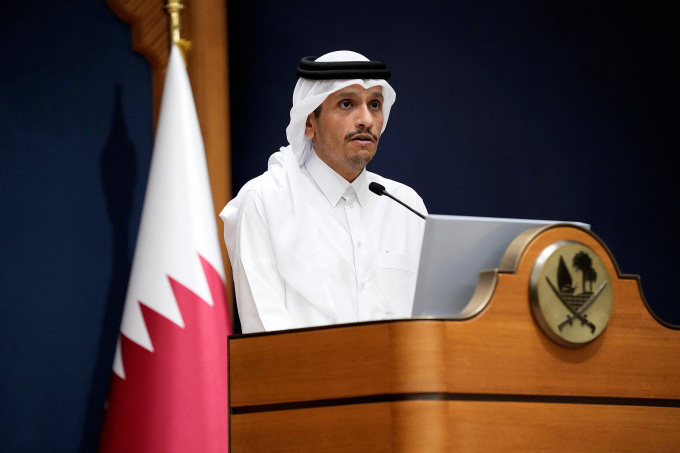
Qatari Prime Minister and Foreign Minister Mohammed bin Abdulrahman al-Thani at a press conference in Doha, Qatar on October 13. Photo: Reuters
As one of the main interlocutors between Israel and Hamas over the past decade, Qatar has played a crucial role, sending millions of dollars in aid to Gaza each month under a partnership with Israel and the United Nations.
Two weeks before the Hamas attack, Prime Minister Mohammed hosted Barnea in Doha and discussed improving the economic situation in Gaza. Like many others, Qatar was caught off guard by the Hamas attack. But the Qatari prime minister is no stranger to such crises.
Mr Mohammed was appointed Qatar's foreign minister in 2016, 18 months before four Arab countries, led by Saudi Arabia and the United Arab Emirates (UAE), cut diplomatic, trade and travel ties with his Gulf state.
The four-nation Arab alliance appeared to receive support from then-US President Donald Trump, who accused Qatar of supporting Islamist movements and being too friendly with Iran.
Mr. Mohammed was born in Doha, Qatar in November 1980. He is a member of the Al Thani Royal Family, the family that has ruled Qatar since the kingdom was founded in the 19th century.
Graduated with a degree in economics from Qatar University in 2003, Mr. Mohammed did not have much experience in diplomacy in the early years of his career.
He became an economic researcher at the Ruling Family Council in 2003, where he served as director of economic affairs from 2005 to 2009. In 2009, he was appointed director of the Public-Private Sector Partnerships Department at the Ministry of Business and Commerce. He founded Enterprise Qatar, an organization that provides technical and financial support to small and medium-sized enterprises.
Prior to joining the Qatar Ministry of Foreign Affairs, he held positions such as Chairman of the Board of Directors of Qatar Mining Company, Chairman of the Executive Committee of the Association for Small and Medium Enterprises Development, and Chairman of the Board of Directors of Aspire - Katara Investment Company.
Many Qataris were worried about the fate of their country and skeptical about the young leader’s diplomatic abilities, according to Tarik Yousef, director of the Doha-based Middle East Council on Global Affairs. Many compared him to Hamad bin Jassim al-Thani, a former prime minister who served as Qatar’s foreign minister for more than a decade.
But within months, Mr Mohammed gradually won public support for his stable leadership. “That’s exactly what Qatar needs,” Yousef said.
Former Prime Minister Hamad steered Qatar from a backwater desert region into a wealthy gas powerhouse. But he pursued an assertive foreign policy that irritated many of Qatar's neighbors.
Mr Hamad was replaced when Emir Tamim bin Hamad al-Thani took power after his father's sudden abdication in 2013. That was also the year Mr Mohammed joined Qatar's foreign ministry as assistant minister for international cooperation.
Mr. Mohammed rose in the years that followed, as Emir Tamim worked to recalibrate Qatar's foreign policy and strengthen ties with Washington. The Gulf state aggressively portrayed itself as an "international problem solver."
Mr. Mohammed became a central figure in implementing the policy change. He also serves as chairman of the Qatar Investment Authority, the country's $450 billion sovereign wealth fund.
“He is a troubleshooter, understanding opportunities and risks,” said one anonymous Western diplomat.
Since Arab countries lifted the embargo on Qatar in early 2021, Mr. Mohammed has defended his country from criticism ahead of the World Cup, acted as a bridge between the Taliban and the West after the US withdrew from Afghanistan, facilitated a prisoner exchange between the US and Iran, and brokered negotiations between Venezuelan President Nicolas Maduro and the US.
Mr. Mohammed was appointed prime minister of Qatar in March. Even as the conflict in the Gaza Strip was the focus of regional and international attention, he and his team helped broker a deal that allowed four Ukrainian children to return to their families after being separated during the war in the country.
However, some question whether his dual role as prime minister and foreign minister will allow him to focus on domestic affairs, especially Doha’s economic plans. They worry that he will be constantly preoccupied with diplomatic challenges.
Qatar has been praised for its role as a mediator in the Gaza conflict so far. However, as the conflict winds down, Doha’s relationship with Hamas, including hosting the group’s political office in the country, could become problematic.
“While the role of intermediary helps cement Qatar’s position as a major player, it also leads to increased scrutiny of the country and exposes its political problems. That could have serious consequences,” Yousef said.
Thanh Tam (According to FT )
Source link


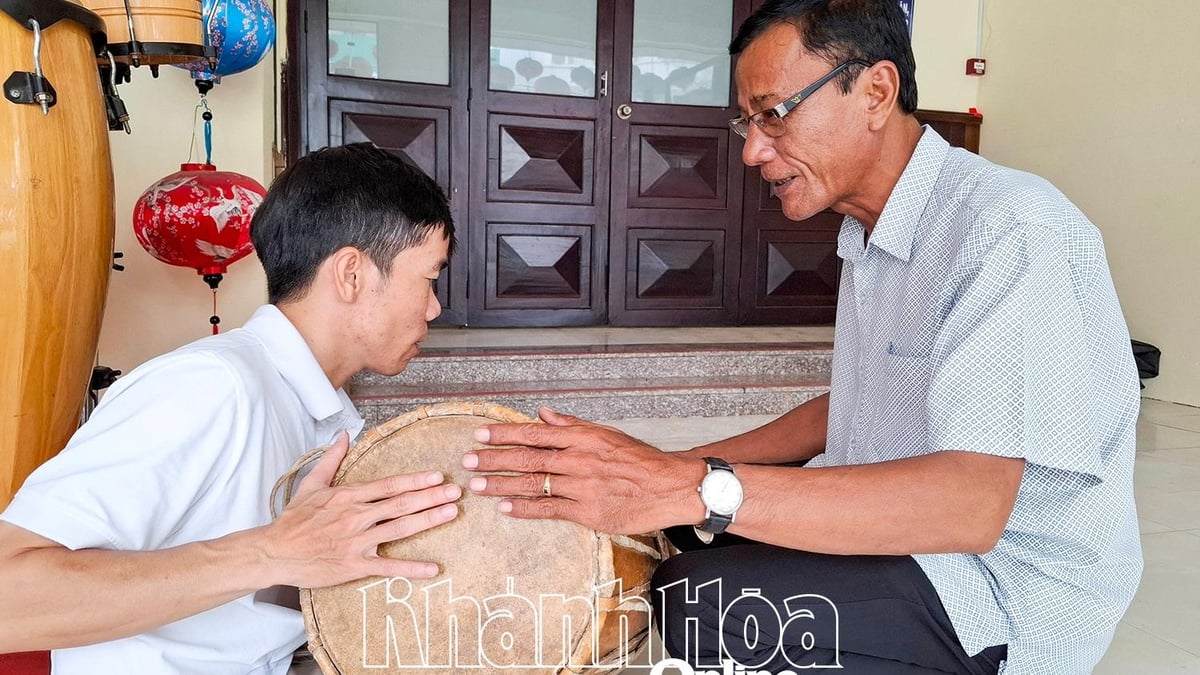
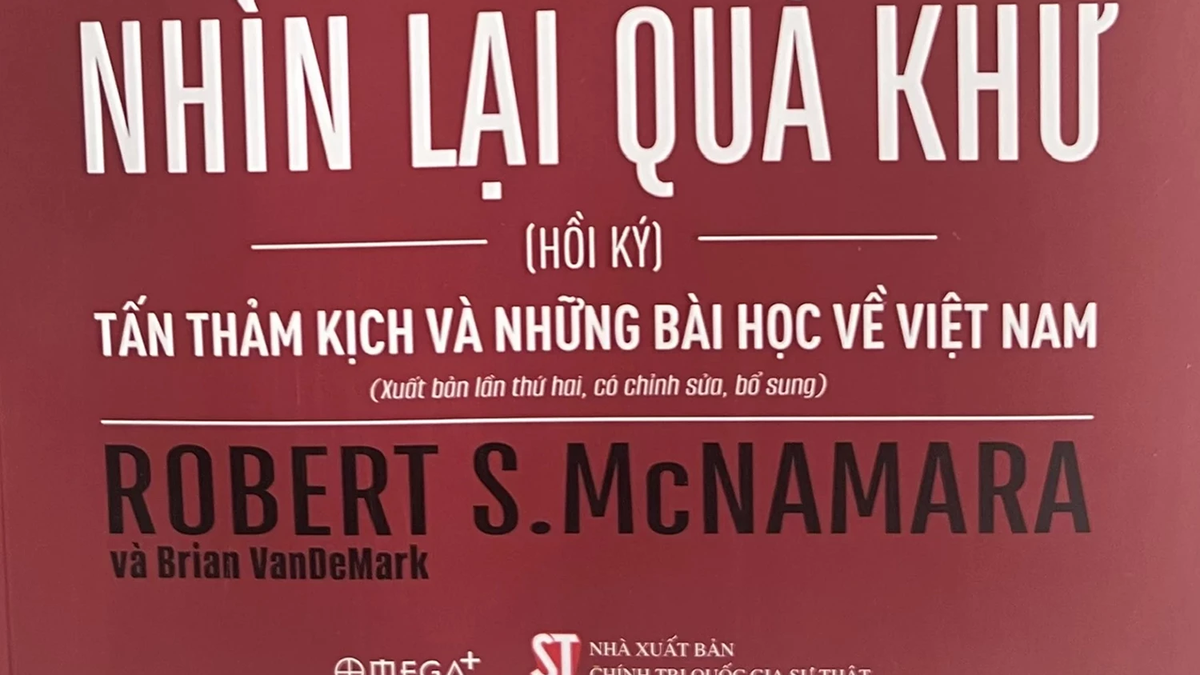





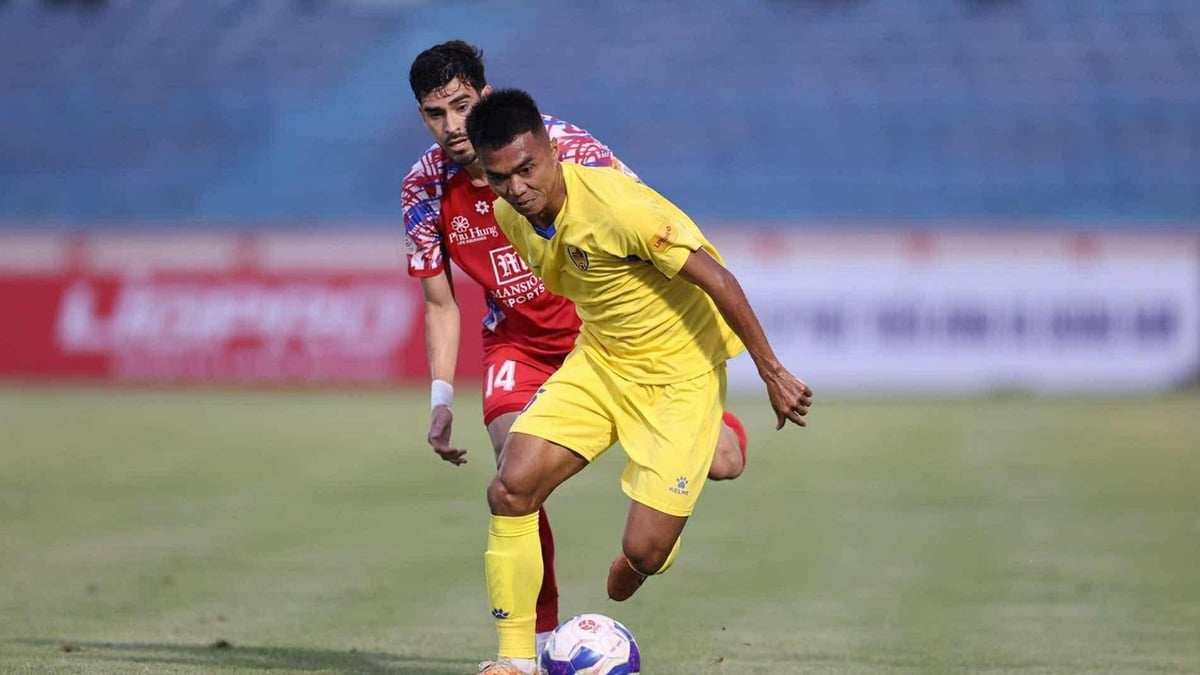
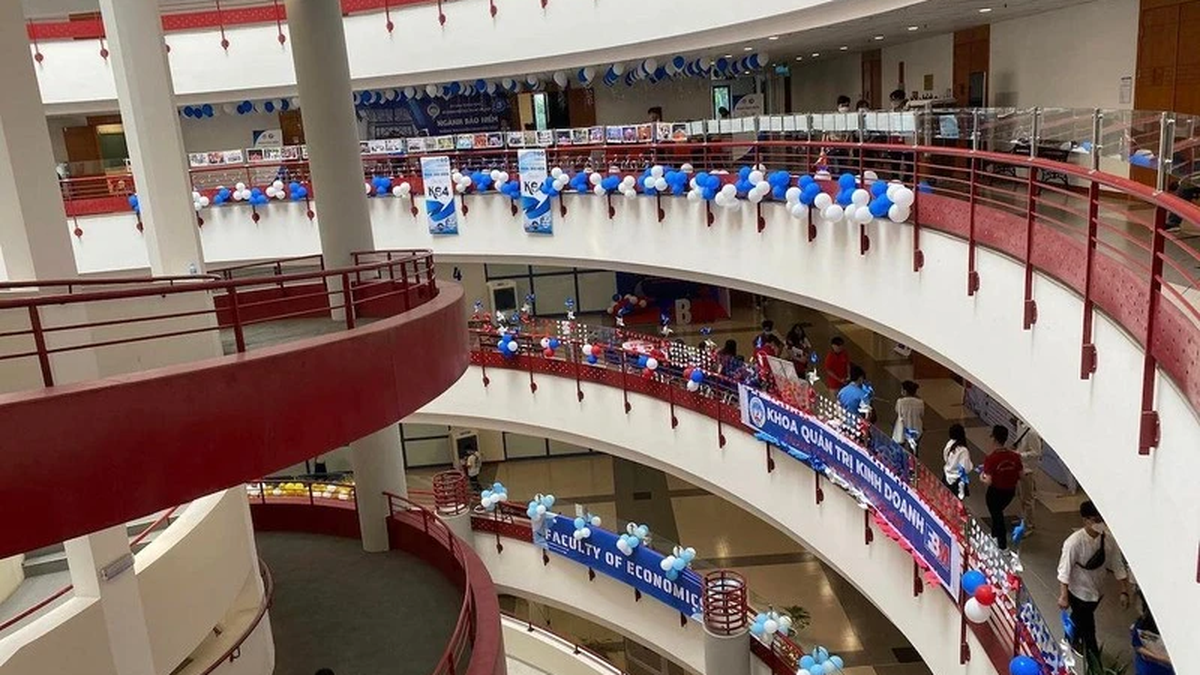
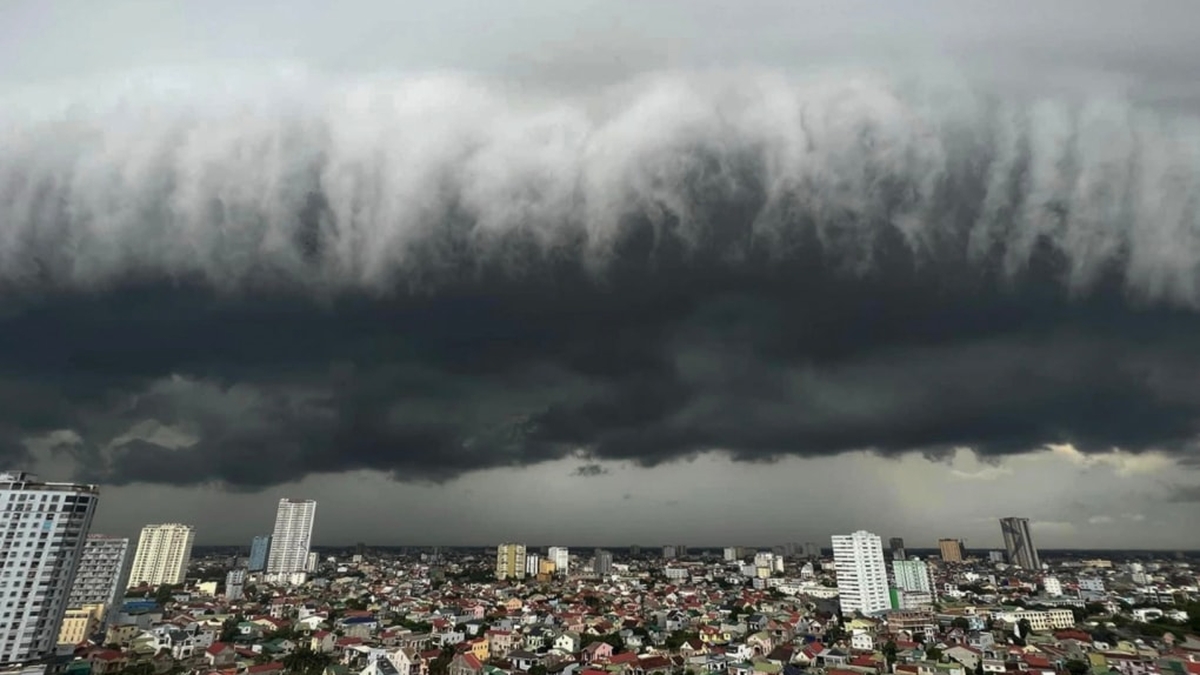




















































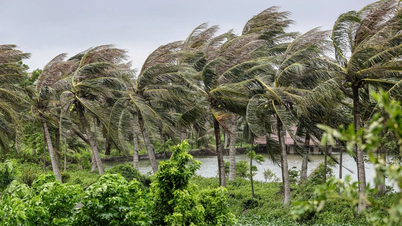
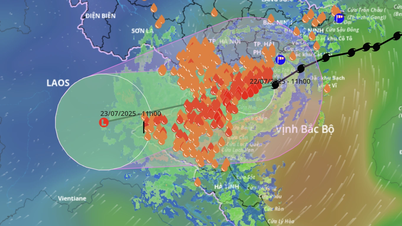
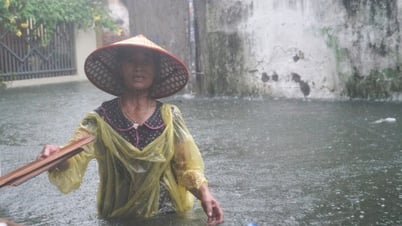
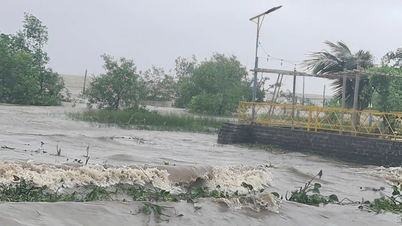



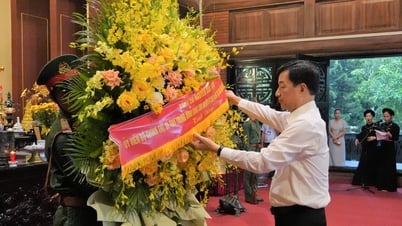

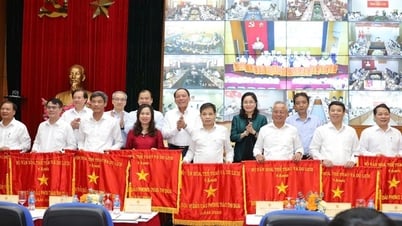


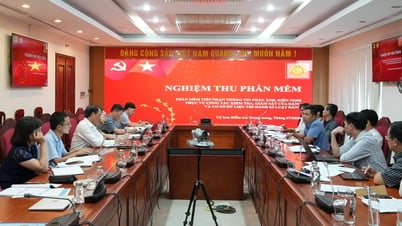


























Comment (0)